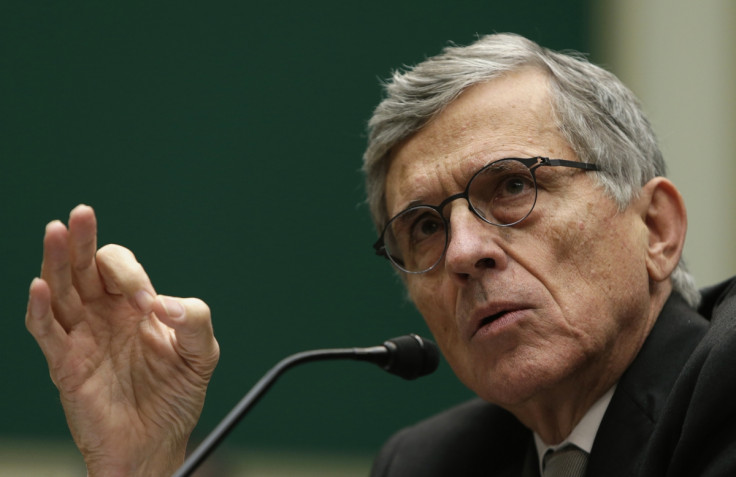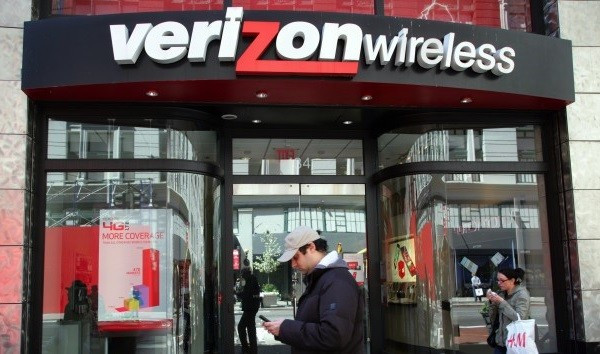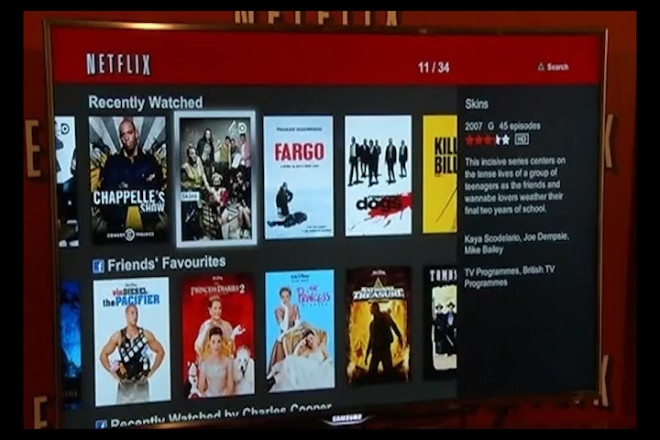FCC's Net Neutrality Reforms in the US: What's Going On?

The Federal Communications Commission is considering rewriting the rules governing the open internet in the US. In theory, the rules are meant to protect the internet but in practice they would enable internet service providers (ISPs) to charge as much as they like.
Net neutrality treats all online traffic equally, and there are concerns that the FCC's proposal will make the internet a place that favours those who can pay more and give bigger companies an advantage over small start-ups. Services like Netflix would become much more expensive, say critics.
IBTimes UK looks at net neutrality in the US. For more information about net neutrality outside the US, read: What is Net Neutrality Anyway?
Who are the players?
Internet Service Providers
ISPs such as Verizon, Comcast and AT&T are not keen on net neutrality because they are in the business of making money from how much data customers use while surfing the web.

To ISPs, their networks help internet companies make lots of money, which they don't get a cut of. At the same time, the ever increasing demands for data mean that ISPs constantly have to spend money to upgrade networks.
Imagine that all the internet provided by your ISP is in one big tube. Every time someone calls up their ISP moaning that their internet is slow, the ISP has to look at all the traffic going through the tube and make a decision about which websites get preference.
To the ISP, if people like Google and Netflix would pay for a "fast lane", then the ISP would not be stuck having to fork out for a faster network on its own.
You could argue that we all pay for our internet but the deals and competition in the industry mean that ISPs are not making as money as they want, in comparison to how much it costs to maintain a massive broadband network.
Google, Netflix and Amazon

The big internet companies such as Google and Netflix care about net neutrality, because if ISPs get to charge whatever they want, then services like Netflix would have to put up their prices.
As consumers, we'd have to pay more for higher speeds and so it might become a situation where fewer people have access to services, which goes against Google's dreams of connecting the world to the internet. And who wants to pay more money?
If FCC keeps going with the proposal though, the big internet companies might start a big PR campaign the way they did with the Stop Online Piracy Act (Sopa), which was eventually canned because of public outrage.
In February, Verizon was accused of deliberately throttling internet traffic from Netflix.
Consumers
No one wants to pay even more money for the internet and everyone wants to have an internet that is open to access and share information.
There are already open internet rules in existence. What happened?
In January, the US Court of Appeal found in favour of Verizon. The company no longer needs to follow the FCC's rules on the open internet established in 2010 by former FCC chairman Julius Genachowski.
The rules were poorly defined, and since broadband providers were not called "common carriers", the 1996 Telecommunications Act prohibits the FCC from governing how ISPs deal with internet traffic.
The federal judges said that the FCC must allow ISPs to decide how they wanted to charge for the internet, which would create "online discrimination", unless the FCC chose to overturn a 2002 decision and legally reclassify ISPs as common carriers.
If ISPs become common carriers, internet infrastructure will be considered as a type of infrastructure essential to the running of the country, like power grids. Then ISPs will have to obey the FCC.
So what is the FCC doing right now?
The FCC is considering a proposal for the open internet to ensure three essential principles:
1. Transparency: All ISPs must disclose to subscribers and users all relevant information on the policies that govern their network
2. No Blocking: No legal content may be blocked
3. No Unreasonable Discrimination: ISPs may not act in a commercially unreasonable manner to harm the internet, including favouring the traffic from an affiliated entity.
All this sounds great in principle, but the problem is that the FCC is not willing to reclassify ISPs as common carriers, and there are fears that these rules won't do much to protect the internet until the law is changed.
FCC chairman Tom Wheeler has written a blog in response to the media's backlash, saying that it is better to legislate now rather than wait for years of court battles, but he has not mentioned reclassifying ISPs. Instead he wants to use Section 706 of the 1996 Telecommunications Act to force ISPs to obey.
The four other FCC commissioners will vote on the open internet proposal at the FCC open meeting on 15 May.
© Copyright IBTimes 2025. All rights reserved.






















